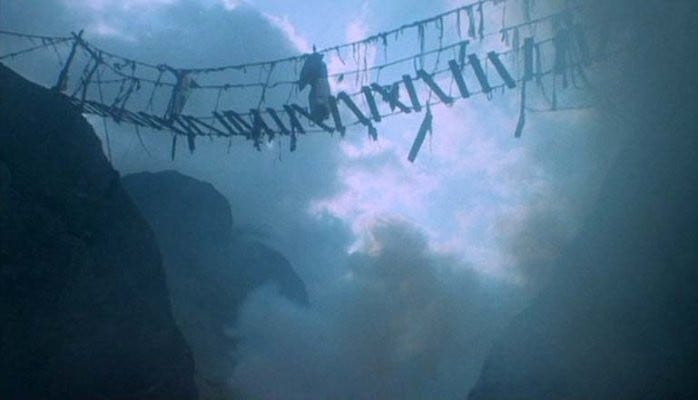Hello! Welcome to Everything Is Amazing, a newsletter about curiosity that once asked, “If I stare at my own reflection hard enough, will I start to hallucinate?”
(As you’ve probably guessed already, the correct answer is, “Yes, but - I’m sure there are better ways to have fun out there, man.”)
When I started this newsletter just over a year ago, I thought I’d mainly be writing about the science of what makes us curious, including the neurological mechanisms of attention, wonder and awe. But along the way, I’ve found curiosity is also about three other important things.
There’s stupidity (the good, fun kind), which I’ve previously written a little about here.
There’s obsession (again, the good kind, exhibited by scientists and creative artists everywhere in a way that too frequently gets written off as “oh, they’re just super-smart”), which I’ll be diving into in future newsletters.
And there’s hopefulness - that incredibly motivating beneficial force that Cal Fyn writes about here:
”We need to be roused. We need to feel. We need a siren song that lures unsuspecting souls to the cause: a song to enchant us, to put us to work.”
So, more on all those things soon in the free part of this newsletter. But today, as a side-course, let’s talk about the bit in the middle - after your attention has been hooked and after you’ve decided to lean in for a closer look, but before that useful obsessiveness (which will carry you onwards) has worked its delicious madness upon you.
Let’s call this middle ground the Chasm Of Ughh.
(This is Monty Python And The Holy Grail’s Gorge Of Eternal Peril - actually the Glencoe Falls, Scotland. I imagine the Chasm of Ughh looking very similar, while being a lot less funny.)
What happens is: propelled by the excitement of discovering something fascinating, you launch yourself into the study and/or the doing of it - only to discover it’s frustratingly tough-going. Not only are the rewards few & far between this early in the process, you are also tortured by a very clear idea of what “good" looks like, and that just ain’t you right now.
With writers, it looks like what Ira Glass called ‘The Gap’:
With musicians, it often means teachers forcing you to learn scales, which is both useful in the long run and mindnumbingly boring, whyyyyy…
And with anyone following their curiosity, it’s a mountain of stuff in the way - the books, the papers and tutorials to fight through, the jargon to learn, the true experts to compare yourself with in a crushing sort of way, the imposter syndrome, and so on. It’s all just horrible - and for most folk, it’s the end of that story, because it’s where they get trapped, and where they give up.
I have the greatest respect for those who always seem to find a way to keep going. But Ira Glass’s “you just have to do a lot of work” really is not terribly motivating? I immediately feel bad about how naturally lazy I am - and that kinda makes me hate people who do a lot of work. Which makes me feel worse about myself. And so on. It’s a spiral, none of it upwards.
So here’s the question to myself here. Knowing my past tendencies to drop creative infatuations like hot potatoes when they actually show signs of turning into actual hard work, how can I get across the Chasm of Ughh to where I really fall in love with this thing, at which point it feels so much easier because it’s less something you’re doing and more something you just are?
For answers, I turned to the work of two behavioural economists, one science writer and one ultrarunner - and if you’re a paid subscriber, you can see my findings below.
(And if you’re on the free list, how about having a go at some of these, and all the other challenges that piece links to?)


